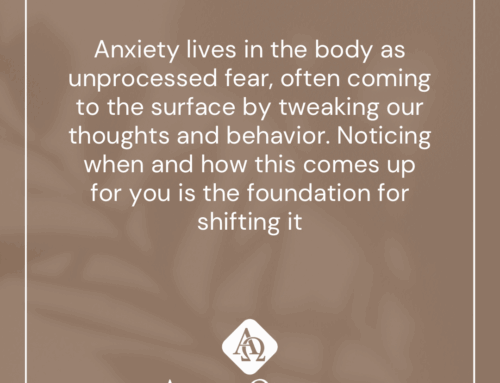Boundaries significantly impact how we interact with others. They determine the emotional closeness or distance between two people which shapes/influences how the relationship is experienced. Ideally, both people would feel equally valued, respected, and nourished by the relationship. This isn’t always possible and many times we find ourselves in relationships that do not have healthy boundaries. While we cannot force others to change, we can invite them to shift the boundaries together. Research consistently indicates that healthy relationships are one of, if not the most significant factor in determining the quality of our mental health.
Boundaries may be spoken or unspoken but they are present in every relationship. Learning to be clear about our boundaries is often scary and overwhelming but ultimately worth it because it leads to healthier relationships.
There are three types of boundaries:
Rigid: keeping others at a distance (emotionally or physically) to limit or otherwise reduce how much impact they have on us. This can look like being avoidant, being very independent and/or having little openness to others.
Diffuse/Porous: allowing others to take up too much of your emotional and physical energy. This can look like “people pleasing” or having a hard time saying no. This can also look like over-sharing and trusting others very quickly.
Clear: embodying a healthy dialogue within ourselves and with others about finding the right balance between how much emotion we allow in or out. There is no “right way” to have clear boundaries because the balance is dependent on the individuals and their relationship. The primary characteristics of clear boundaries are flexibility, teamwork, and congruence (what you say matches what you do).
What’s your go-to way of responding to others? Does that fit into one of the above descriptions? How would it be to slow down and think before you respond? Try slicing this shift into a manageable change and try it out with someone you can trust.
Want more ways to receive our content? Follow us on Instagram or Facebook or subscribe to our e-newsletter!
* The information provided is for self-enrichment and not intended to replace any necessary mental health treatment.
Warmly,
Jonathan Dixon, LMFT
Alpha Omega Team





